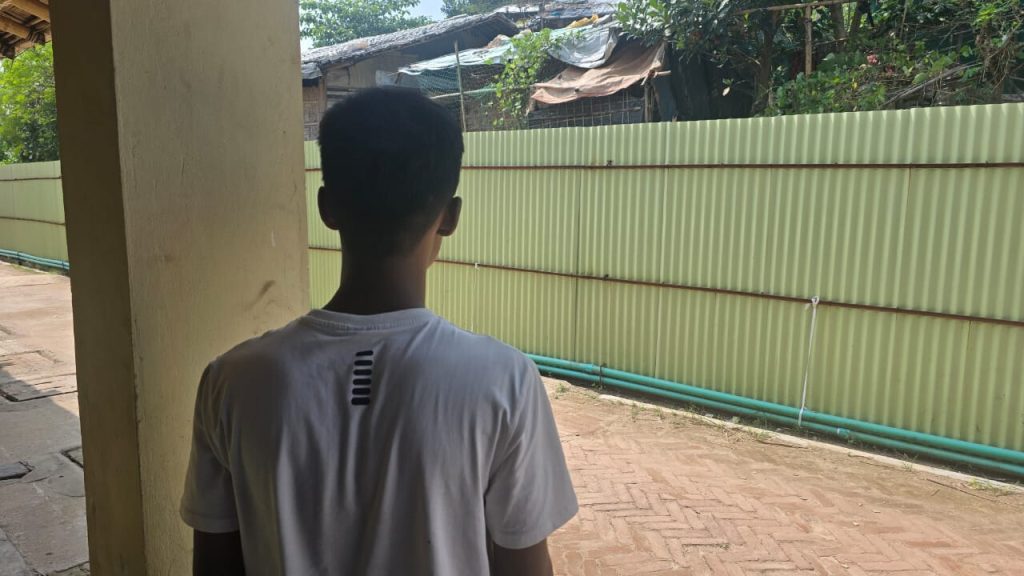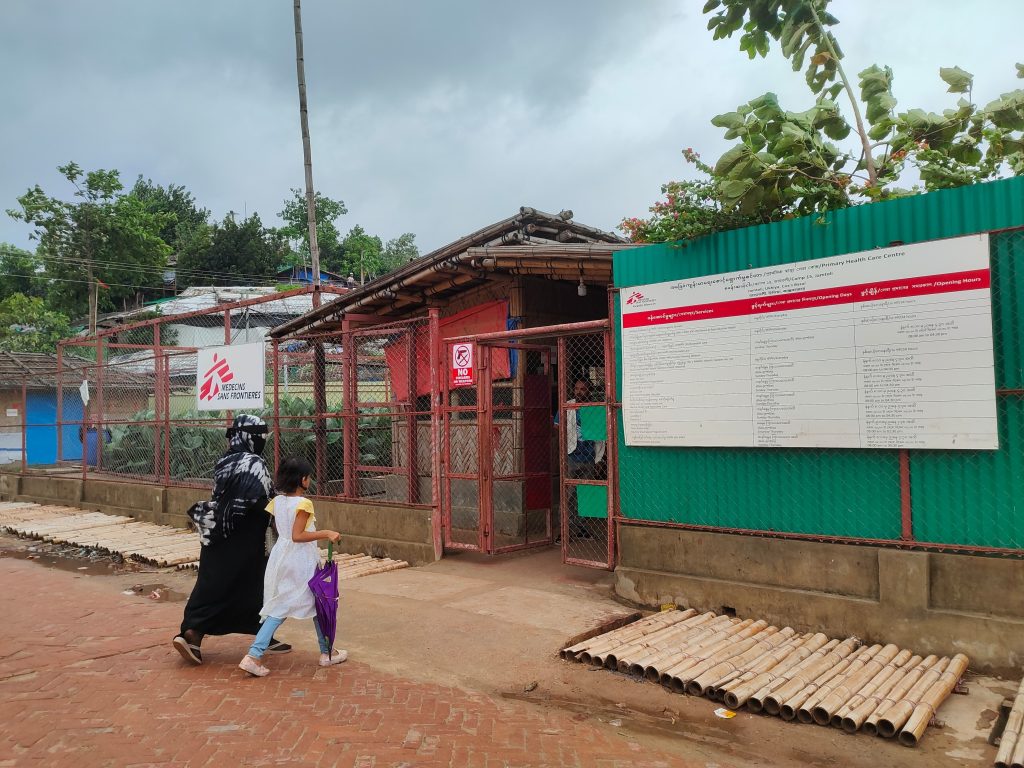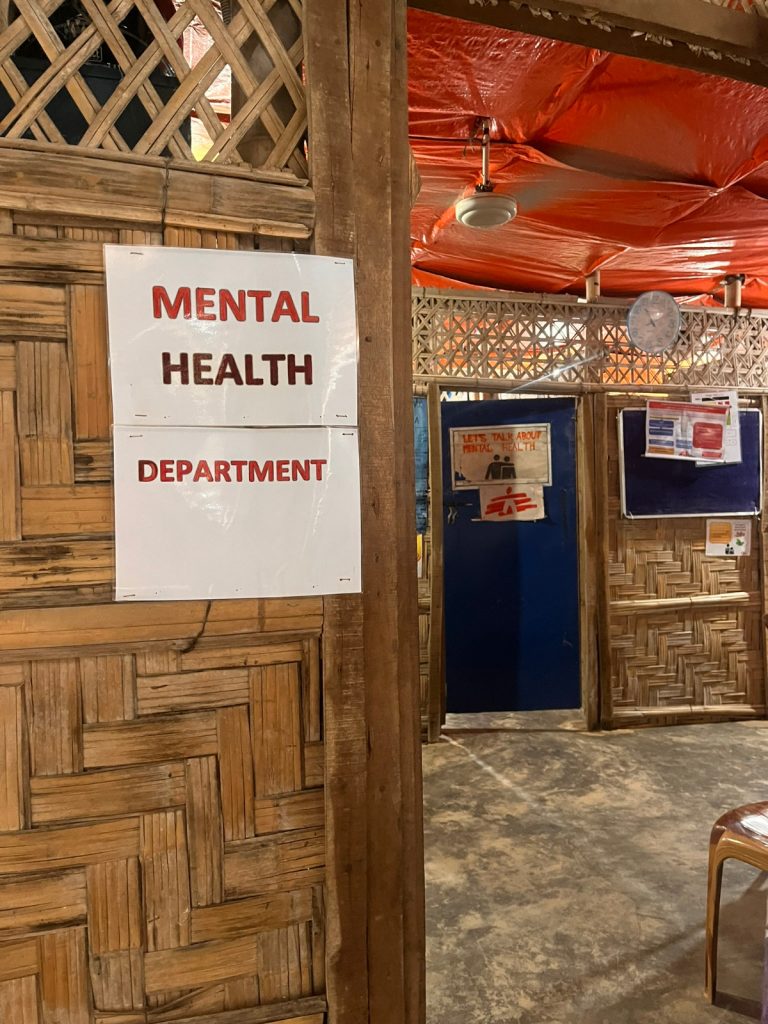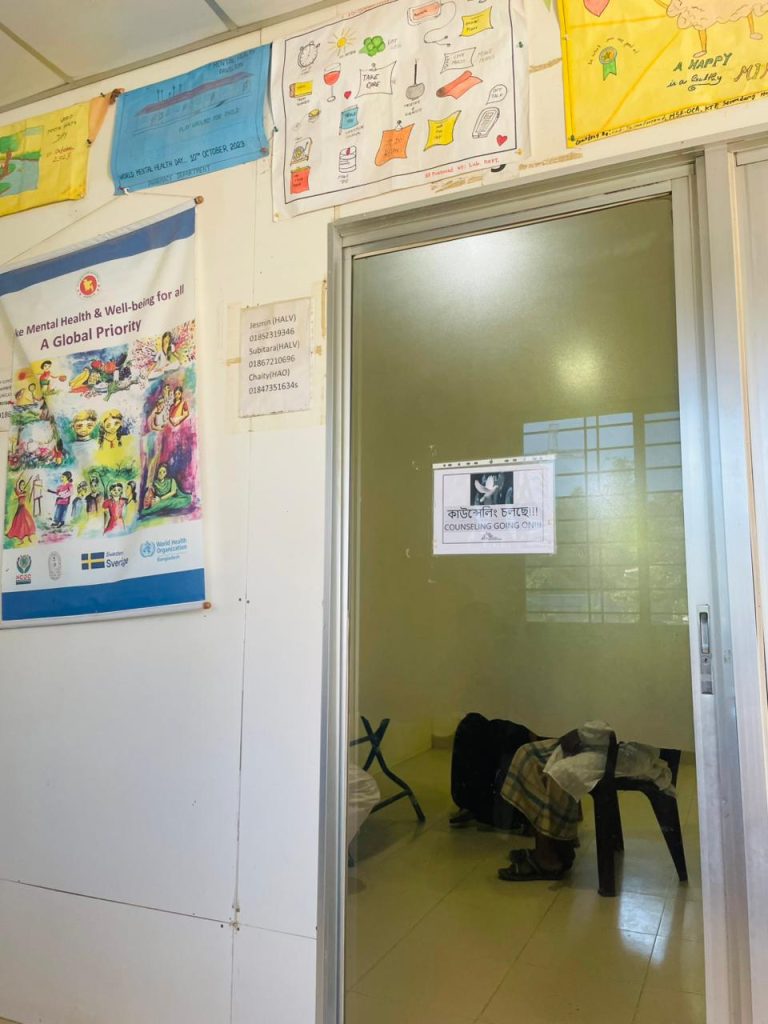November 18, Cox’s Bazar, Bangladesh – Since the beginning of the year Rohingya refugees have been arriving in Bangladesh after escaping escalating violence in Myanmar They now face immense challenges, including overcrowding, lack of access to essential services and deteriorating mental health conditions. Doctors Without Borders/Médecins Sans Frontières (MSF) is urging the relevant authorities to ensure unhindered and immediate access to humanitarian assistance, care, and protection for all Rohingya refugees.

Thousands of Rohingya refugees have arrived in Bangladesh in recent months, while others have been pushed back or detained while trying to flee Myanmar.
Those who managed to get to Bangladesh have described their horrific journeys to our teams, which often include witnessing loved ones dying in front of them, having to sell their remaining possessions or being forced to incur significant debts to cover the risky journey.
Others told us how they desperately tried to cross the border to find safety – a feat that sometimes took them several days.
In the refugee camps in Cox’s Bazar, access to food is an issue. People already living in the camps say that they are sharing their food rations and space with newly arrived family members, who don’t have access to services like shelter, water, sanitation and protection from abuse, exploitation, and neglect, especially of girls, boys, and women. Since July, MSF has seen an increase in the number of children under five with moderate and severe malnutrition. This is especially an issue for new refugees, as access to food and healthcare in Myanmar has been almost non-existent.
The persistent under-resourcing of the humanitarian response has also severely hampered the availability of essential services, making it difficult for newly arriving Rohingya refugees to get all the humanitarian services. While efforts to make registration accessible for Rohingya refugees are critical, delays in this process should not be an impediment to providing immediate attention.

Our teams are treating the newly displaced Rohingya in the camps, including critically ill patients and war-wounded with mortar shell injuries and gunshot wounds.
While Bangladeshi authorities have recently committed to addressing the most urgent needs of the Rohingya refugees in the camps, more must be done immediately so that all people arriving in the country can access essential services such as food, water, shelter, healthcare, education and protection.
“I escaped the violence from Myanmar, but I can’t escape the fear. My heart races at every loud sound.” says *Solim, a Rohingya refugee who arrived in Bangladesh in July, with physical injuries and intense psychological pain from his journey.


MSF calls for unhindered access to humanitarian assistance, care and protection for all Rohingya refugees in Bangladesh. MSF also urges all relevant authorities to ensure that no-one is returned to a place where they face serious harm. The principle of ‘non-refoulement’ is enshrined in international law, prohibiting the return of individuals to a country where they may face persecution, torture or other serious human rights abuses.
*Name changed for privacy












